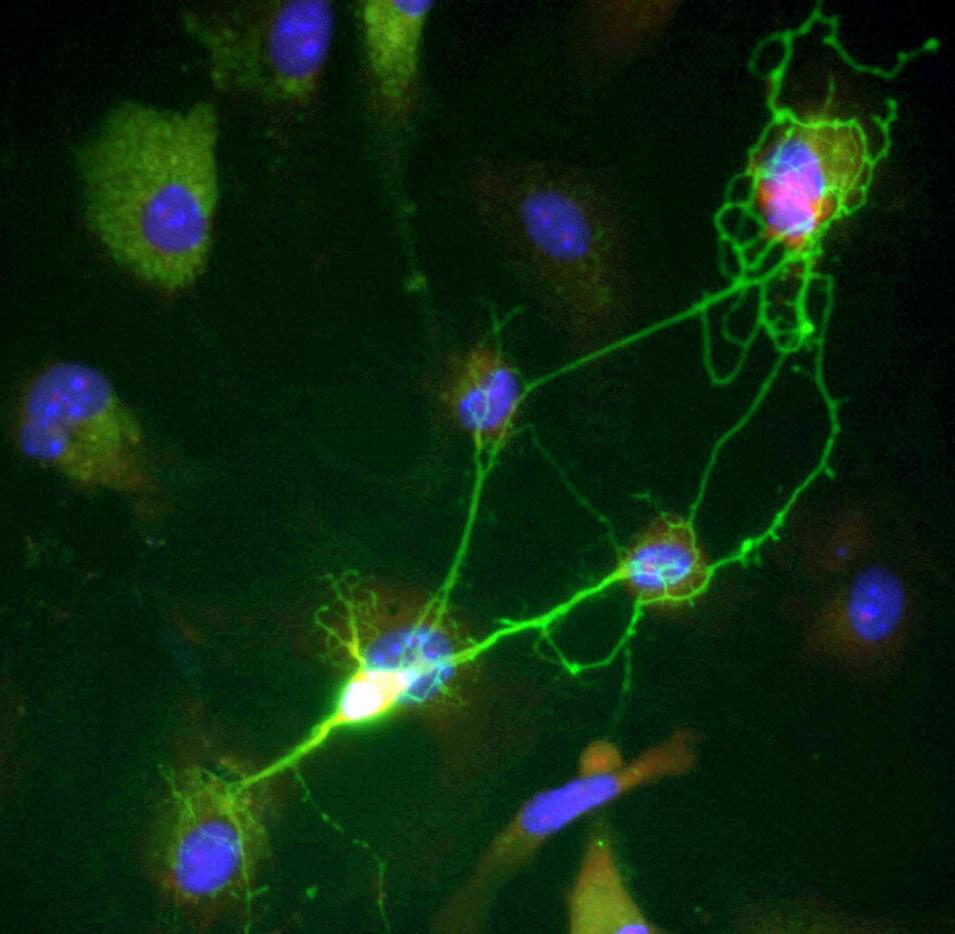Researchers at Tulane University, with a team of colleagues from eight other universities, have discovered a new nerve cell signaling mechanism that could transform our understanding of pain and lead to safer, more effective treatments.
The study, co-led by Matthew Dalva, director of the Tulane Brain Institute and professor of cell and molecular biology in the School of Science and Engineering and Ted Price at the University of Texas at Dallas, reveals that neurons can release an enzyme outside the cell that switches on pain signaling after injury. The work, published in Science, offers new insight into how brain cells strengthen their connections during learning and memory.
“This finding changes our fundamental understanding of how neurons communicate,” Dalva said. “We’ve discovered that an enzyme released by neurons can modify proteins on the outside of other cells to turn on pain signaling—without affecting normal movement or sensation.”
